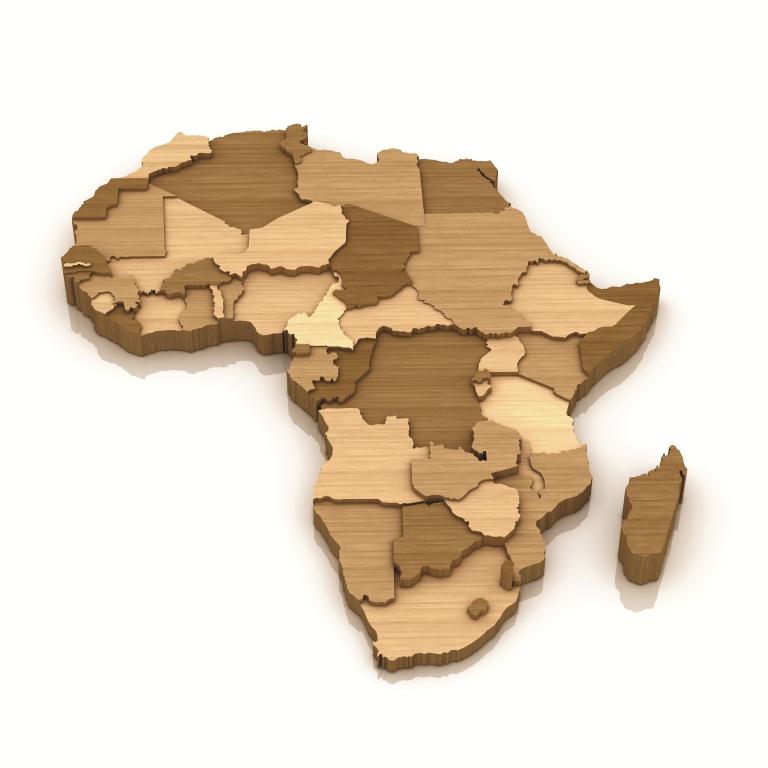For over 15 years, I’ve raised money for, invested in, and advised the management of African companies. I’ve worked in sectors as diverse as transportation, agriculture and manufacturing. I’m an advocate for Africa, but I’ve learned some painful lessons along the way.
When I first started operating in Africa it reminded me of a Salvador Dali painting where everything warped and melted into each other. The turmoil wasn’t entirely unexpected though. I had read the negative press over the years: government corruption, widespread poverty, hunger and the aggressive tumors that would metastasize into Al Shabaab and Boko Haram. Even as someone who grew up in New York, doing business in Africa scared me. On Wall Street, Africa was categorized as an “exotic” market; erratic and unpredictable with a disproportionate risk/reward ratio.
You could win really big if you were smart and lose even more if you were unprepared. That was the opportunity. In those days, most emerging markets bankers in the United States (US) would only look at deals in some of the more popular countries, like Brazil or China. But Africa? An investment in Africa would have had many of the so-called experts rolling their eyes at you. The reality was that most folks on Wall Street could barely name five countries there. Asking them to find Djibouti on a map was like asking them to find the hair they had on their head 20 years earlier. That’s when I realized that operating there would differentiate me from everyone else. I was either going to be very right or very wrong. Surely, I thought, if I could operate in New York I could easily do business in Kenya or South Africa. Right?
Wrong.
In the early days, we just couldn’t get it right. As naïve Americans, we were culturally blind toward Africa. It slowly started to occur to us that Africans were unique, depending on the country they were from. Because of our naivety, we were ill-equipped to do business there. Almost every one of our early deals collapsed. Every conversation was misread. Everything we thought would happen, didn’t. And getting paid was as easy as trying to tie your shoes with your teeth.
Loading...
As time passed, we gradually began to make progress. We congratulated ourselves on finally figuring out the “science” of doing business in Africa. We convinced ourselves that we had arrived – we hadn’t. Closing new debt and equity investments was almost impossible and we continued to struggle and question our methodologies.
Then the epiphany occurred. What dawned on us was that doing business in Africa is not a science, it’s an art.
The African market is full of abstractions and contradictions. It was nearly impossible to create an investment thesis or structure a capital raise like we did in New York. Projecting cash flows and investment returns was like shooting at a moving target. The traditional rules of investing didn’t apply in Africa. It became clear that, if you wanted to do business on the continent, it is more about the people than the transaction. Relationships and trust needs to be developed.
As they say, when in Rome, do as the Romans do. So that’s what we did, except we did it in Africa. We started to adapt our thinking so we were seeing things through an African lens, not an American one. Though it may sound counter intuitive, my African education didn’t come from doing deals there or looking at income statements and balance sheets. It came from dealing with the people – one on one. But not as corporate executives or managers or board members, just as people.
There are a few truths that I Iearned on the continent over the years. In Africa things move slowly, very slowly. What you see is never what you get, you need to adjust as you go. Be ready to negotiate, and renegotiate. Remember, you are an outsider and are in their house. The world you come from and how you do things doesn’t matter. Lastly, respect their diverse cultures.
Africa is a complex continent full of idiosyncrasies most westerners don’t understand. But should you be bold enough to bring your business there remember this essential lesson: when in Africa, do as the Africans do.
Loading...
